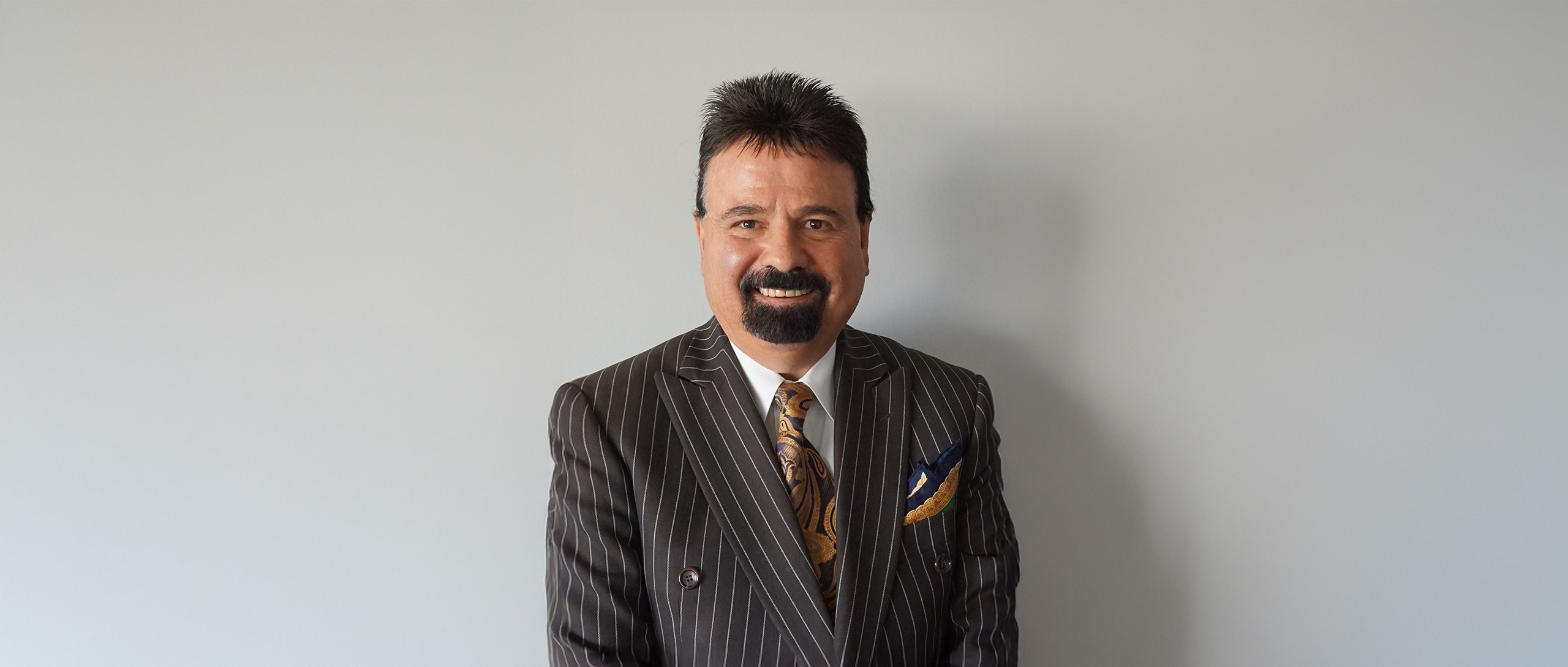When Landon first started thinking about prostate cancer, it wasn’t because of any symptoms, it was because of his family. With prostate cancer running heavily on his father’s side, Landon knew early on that he had to stay vigilant. His father and all four of his brothers had been diagnosed with the disease. So, despite being just 48 and hearing from his doctor that it was too early to start testing, Landon trusted his instincts. After explaining his family history, he pushed to get his PSA levels checked.
That test, the one he had to insist on, may have saved his life.
His PSA came back at 5.4, a number high enough to raise concern. Again, Landon had to advocate for himself, this time to get a referral to a urologist. In 2010, he underwent a biopsy at the Prostate Cancer Centre.
Landon still remembers getting the results like it was yesterday. Driving when his phone rang, he assumed the call meant good news, after all, why else would they deliver results over the phone? But the voice on the other end shattered that hope: “It’s not good news.” Stunned, he nearly crashed the car. The diagnosis was confirmed: Landon had prostate cancer.
The emotional impact hit hard. “Hearing the word ‘cancer’ makes your brain leap to the worst-case scenario,” Landon says. “You think you’re dying, no matter what they say next.”
But the very next day, everything changed. Landon met Dr. James Leoung at the Prostate Cancer Centre, who told him, “Let’s start from the beginning. I’m your doctor now.” That moment of calm reassurance stayed with Landon. After a rocky start — fighting to get tested, receiving news over the phone, he finally felt like he was in good hands.
Dr. Leoung explained that Landon’s Gleason score was 6, indicating a low-grade, slow-growing cancer. He was a good candidate for active surveillance, a careful monitoring program that avoids immediate treatment in favour of regular PSA checks and occasional biopsies. Landon would be tested every three months, and monitored closely. He has remained on that program ever since.
Still, navigating life with a cancer diagnosis isn’t easy.
“Whenever I told someone I had prostate cancer, they’d ask how long I had left,” Landon says. “But I’ve been managing this for 15 years now. It’s not about dying, it’s about living with it.”
That mindset shift has been essential. “I’ve decided to let cancer live with me, rather than me live with cancer,” he says. “It doesn’t define who I am.”
There have been some scares along the way. During the COVID-19 pandemic, Landon’s PSA spiked to 11.4. His new urologist, Dr. Lee, calmly recommended a follow-up biopsy. Fortunately, the results still showed a Gleason score of 6. The PSA jump was likely due to a recent colonoscopy, not cancer progression, a reminder of how many variables can influence PSA levels. Despite the stress, both Landon and Dr. Lee were grateful for the chance to recheck things after a decade.
Landon’s care has spanned multiple doctors, Dr. Leoung, Dr. Kawakami, and now Dr. Lee, each reinforcing the importance of steady, expert monitoring. Dr. Kawakami once told him how lucky he was to have seen Dr. Leoung so quickly. “Most men wait weeks after diagnosis,” he explained. “In that time, they go down Internet rabbit holes, looking into treatments they don’t even need.”
Active surveillance requires patience, trust, and mental strength. Landon has learned to manage the psychological toll, including that ever-present voice in the back of his mind. “When you’re sick, you automatically think: is the cancer getting worse?” he says. “But you have to stay grounded. Panic doesn’t help.”
He draws parallels to surviving the AIDS crisis as a gay man. “Back then, if you got sick, your mind jumped to the worst. I’ve had to train myself not to spiral, to just get tested and stay informed.”
Landon credits much of his strength to his support system, especially his husband. “It’s not always easy. There’s still stigma. When I was dating, people would pull away after hearing my diagnosis. But having a partner who stands by you makes a world of difference.”
He also sees a psychiatrist and leans on prostate cancer support groups for connection. “You can’t underestimate how helpful it is to talk to other men who get it. I’ve made real friendships.”
Landon now tells every man he knows to get tested. He’s often met with hesitation: “They say they’d rather not know.” But Landon pushes back. “Getting tested early gave me options. If I’d waited, my story could be very different.”
He knows that many men fear the potential side effects of treatment, like erectile dysfunction, but says, “Trust your partner. It’s better to know, and make decisions with a good urologist, than to live in fear.”
And Landon keeps living. He stays active, and prioritizes the things he loves. “Sure, someday I might need treatment. But for now, I’m doing what I need to do, staying on top of my health, listening to my doctors, and not letting cancer slow me down.”
Fourteen years later, Landon’s story is one of resilience, advocacy, and unwavering optimism. “I know I’m not going to be here forever,” he says with a smile. “But I’m here now. And that’s what matters.”


